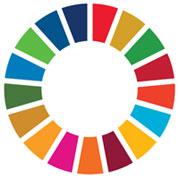Mapping Education for Sustainability in the Nordic Countries

This report presents some of the main results of research conducted on Education for Sustainable Development (ESD) in the Nordic countries – one of Iceland’s presidency projects for the Nordic Council of Ministers initiated in 2019 under the heading A Common Path (Nordic Council of Ministers, 2018). Iceland’s presidency focused on the UN Sustainable Develop¬ment Goals (UNSDGs) with special attention to young people. This was emphasised by the Prime Minister of Iceland and the Minister for Nordic Cooperation who introduced the projects.
The Icelandic Presidency will focus on issues concerning young people in the Nordic region – the generation born around the turn of the century beginning to make its way in life. We want to listen to young people and support projects that promote education, culture and health. (Nordic Council of Ministers, 2018, p. 5)
The project presented in this report concerns the implementation of UN Sustainable Develop¬ment Goal 4.7 in compulsory education in Denmark, Finland, Iceland, Norway, and Sweden. The aim was both to receive an overview of how well each of the Nordic countries had integrated the UNSDGs into their educational policies and practices. There are seventeen UNSDGs; Goal 4 concerns education specifically. The sub-goal on which we focused our research was UNSDG 4.7 which states:
By 2030, ensure that all learners acquire the knowledge and skills needed to promote sustainable development, including, among others, through education for sustainable development and sustainable lifestyles, human rights, gender equality, promotion of a culture of peace and non-violence, global citizenship and appreciation of cultural diversity and of culture’s contribution to sustainable development.
